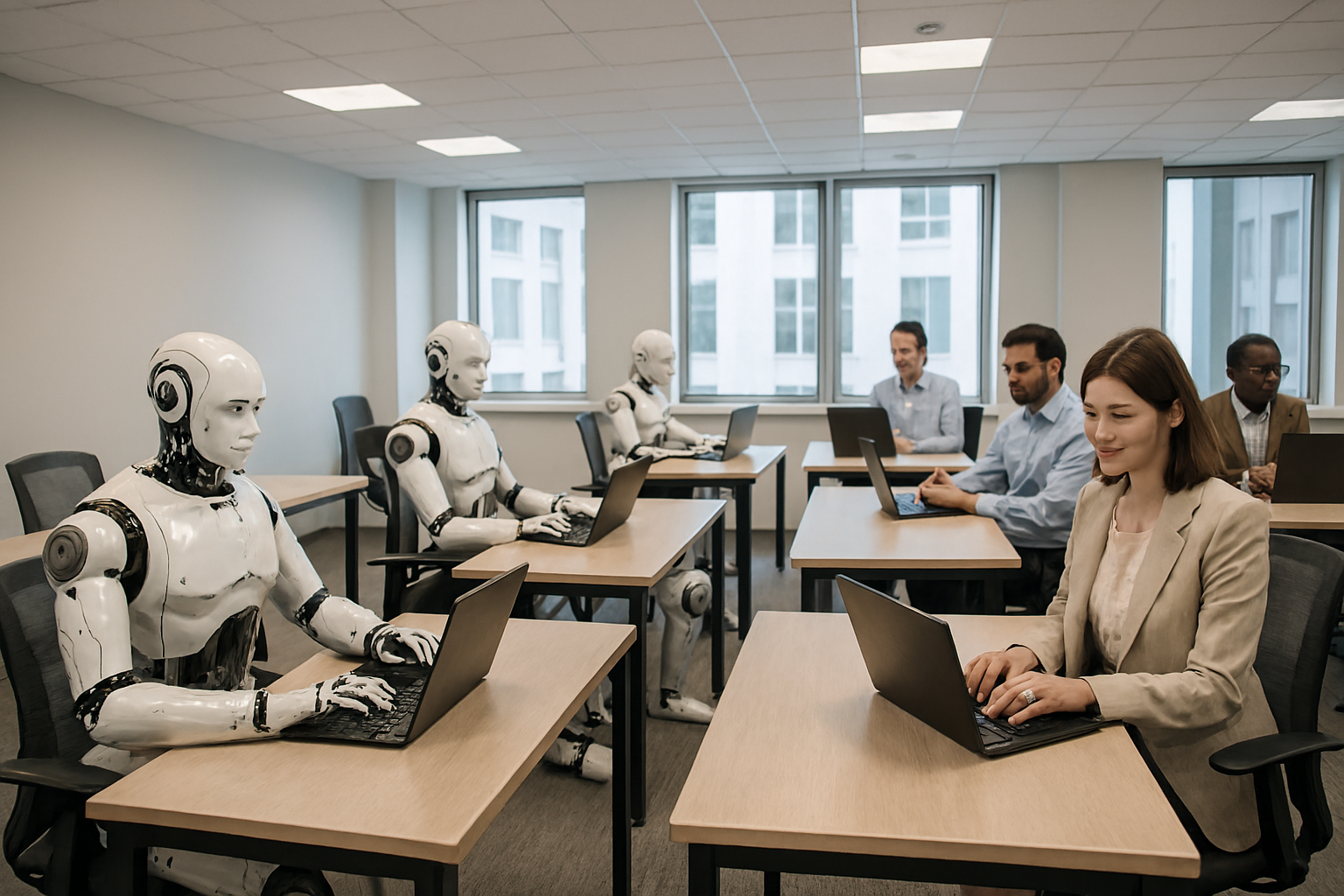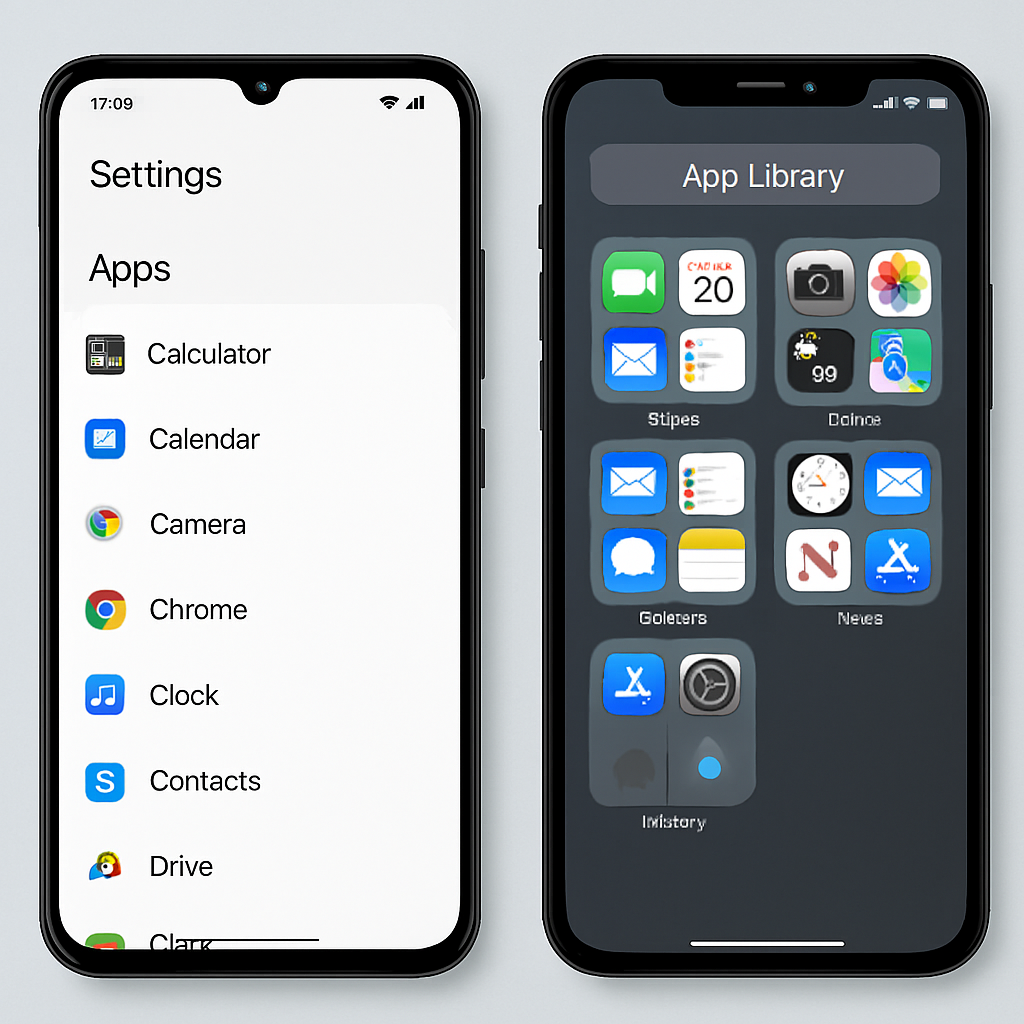Could You Lose Your Job Because of AI? Exploring the Risks and Realities
Introduction
Artificial intelligence is transforming industries worldwide. While many see AI as a tool that boosts efficiency, others worry it might replace human workers entirely. This raises the big question: could you lose your job because of AI?
In this article, we’ll explore which roles face the highest risks, what reports and experts suggest, and practical ways you can adapt to ensure your career remains secure.
The Growing Impact of AI on Jobs
AI adoption is accelerating at a pace never seen before. From chatbots that handle customer service to machine learning systems that analyze data faster than humans, automation is spreading across multiple industries.
Studies suggest that millions of jobs could be affected globally. Routine, repetitive, and predictable roles are the most exposed, while professions requiring creativity, critical thinking, and interpersonal skills remain less vulnerable.
Which Roles Might Lose Their Jobs Because of AI
The possibility of losing your job because of AI is most prominent in fields where technology can handle tasks faster, cheaper, and more accurately. Below are some examples:
- Customer Service and Call Centers: Chatbots and virtual assistants can answer basic inquiries, reducing the need for large support teams.
- Data Entry and Transcription: Structured, repetitive tasks are easily automated through AI software.
- Accounting and Bookkeeping: Routine number-crunching and financial record-keeping can be streamlined with AI systems.
- Manufacturing Jobs: Robotics already handle assembly line work, and smarter AI systems can expand automation further.
On the other hand, roles that involve leadership, creativity, empathy, and complex decision-making are less likely to be automated. Professions such as healthcare, education, and management are expected to adapt rather than vanish.
Factors That Influence Risk Levels
Not all workers face the same risks. Several factors influence whether AI will replace or complement a role:
- Nature of Work: Jobs focused on routine tasks are more exposed compared to dynamic roles that require judgment and flexibility.
- Industry Trends: Technology-driven sectors like outsourcing, logistics, and finance may see more changes than industries that require physical presence and human interaction.
- Skills and Education: Workers with digital skills, problem-solving ability, and adaptability are better positioned to use AI as a tool rather than compete against it.
- Demographics: Some reports highlight that certain groups, including younger or less-experienced workers, may face higher risks of replacement.
Could You Lose Your Job Because of AI? How to Stay Ahead
While the threat is real, there are steps you can take to protect your career:
- Upskill and Reskill
Learn new skills that complement AI rather than compete with it. Areas such as critical thinking, creativity, and digital literacy are valuable. - Embrace AI as a Tool
Instead of fearing automation, explore how AI can improve your productivity. Workers who know how to leverage AI gain an advantage. - Focus on Human Strengths
Empathy, leadership, collaboration, and innovation remain difficult for AI to replicate. Building these qualities makes you more resilient. - Stay Flexible
Be open to career shifts. If your industry faces high exposure, consider transitioning to roles where AI creates new opportunities rather than job losses.
The Opportunities AI Can Create
AI doesn’t just replace jobs—it also creates them. New opportunities are emerging in areas like:
- AI system development and maintenance
- Data science and analytics
- Cybersecurity and ethical AI oversight
- AI-powered creative industries
- Roles in training, supervising, and refining AI systems
By staying adaptable, you can move into positions where AI is not a threat but a partner.
Balanced Perspective: Risks vs Rewards
So, could you lose your job because of AI? The answer depends on your profession, adaptability, and willingness to embrace change. While AI is likely to displace certain tasks, it also has the power to transform industries, create new opportunities, and improve productivity.
Instead of focusing solely on the risks, workers and organizations should explore how to integrate AI responsibly—ensuring that humans and technology can coexist in the workplace.
Conclusion
AI is here to stay, and its influence on the job market will only grow. Yes, there’s a chance you could lose your job because of AI if your work is highly routine and easily automated. But by staying proactive—upskilling, embracing new tools, and focusing on human-centric skills—you can not only safeguard your career but also thrive in the AI-driven future.




Comments are closed